
By Angela Haupt for U.S. News
Indeed, they're "the ultimate anti-aging superfood," says registered dietitian Lauri Boone in her new book, "Powerful Plant-Based Super Foods." "They top the charts with their high levels of antioxidants and phytochemicals to keep your brain young, skin glowing, and reduce your risk of heart disease, diabetes and cancer." Consider the health benefits of these nine berries, from acai to goji:
More From U.S. News:
Green Smoothies 101: Health Benefits and Recipes
Upgrade Your Health With These 7 Superfoods
Seeds 101: A Guide, From Chia to Hemp
Acai Berries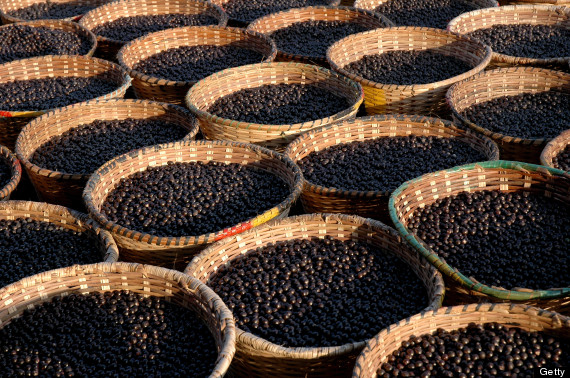
These, Boone says, are the anti-aging super berries. They're small, dark purple, and grow on the tall palm trees of South America. Acai berries are packed with 19 amino acids, an array of fatty acids, and an impressive number of cell-protecting antioxidants. In addition to boosting immunity and protecting against chronic diseases, acai berries are good for the heart and lower the risk of neurological diseases.
Blueberries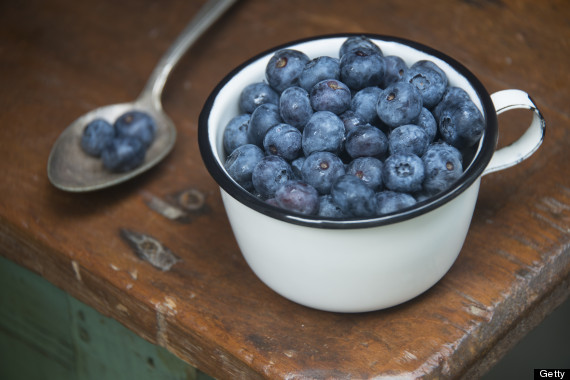
Just call them the "blue dynamos." Blueberries are packed with manganese, which is an energy-boosting mineral; about 4 grams of fiber per cup; and vitamin K, which helps build bones. Research suggests that a blueberry-rich diet improves motor skills and helps fight diseases such as cancer, heart disease, and diabetes. Try tossing fresh blueberries into salads, smoothies, quinoa or baked goods.
Camu Camu Berries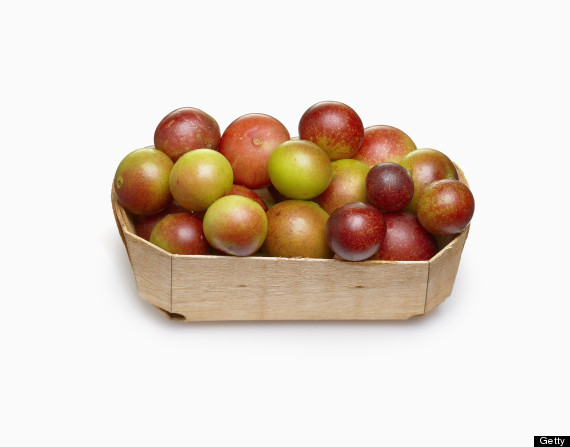
These small, red berries grow on tropical bushes in the Amazon rain forest. They offer a tangy taste and are packed with vitamin C, which explains why they're traditionally used to fight colds and the flu. They also help maintain healthy eyes, gums and skin, and play a role in strengthening the tendons and ligaments, Boone says. If you can't find them fresh, add a teaspoon of camu camu berry powder to juices, smoothies, and salad dressings.
Cranberries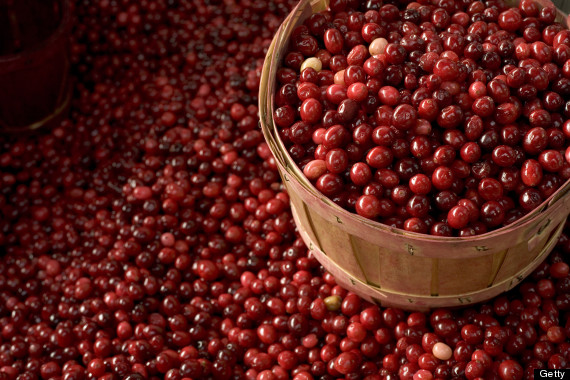
Turns out they're not just for Thanksgiving. Cranberries are infection-fighting super berries that ought to be enjoyed year round, Boone says. They're packed with a group of flavonoids called proanthocyanidins, which help lower the risk of urinary tract infections. Research also suggests they help keep the heart healthy and fight cancer. Try mixing fresh cranberries into smoothies, sprinkling the dried variety into oatmeal or baking them into muffins or breads.
Goji Berries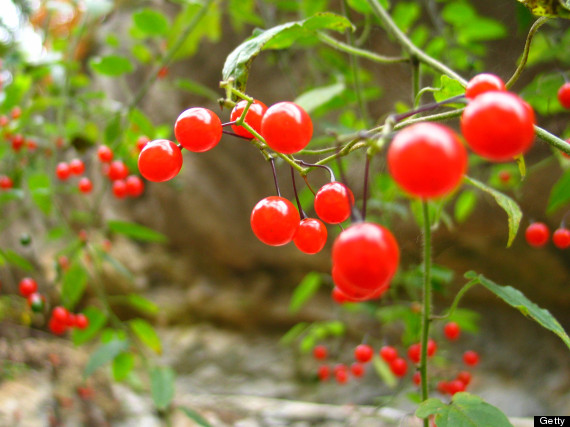
If vitality is your aim, this is your berry. Chinese medicine practitioners commonly use bright red-orange goji berries to treat diabetes and high blood pressure, maintain eye health, and nourish the liver and kidneys. They're packed with vitamins C and E, along with carotenoids like beta-carotene and lycopene. Some research suggests goji berries help increase metabolism and boost energy levels. Try snacking on dry goji berries, or dropping a handful into trail mix, cereal, or salads.
Goldenberries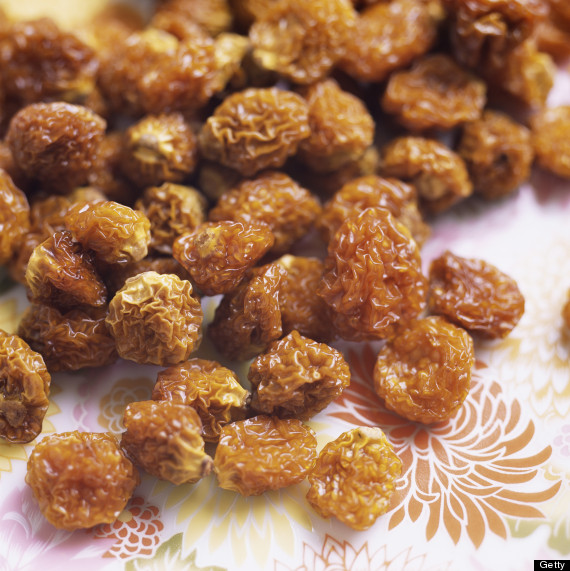
These yellow-orange berries are a superfood for both energy and managing weight, Boone says. They're rich in vitamin B, protein and fiber, and research suggests they help regulate metabolism and keep you feeling fuller for longer. They also provide strong doses of antioxidants and anti-inflammatory compounds. Fresh goldenberries aren't common outside South America, but the dried variety is available at most supermarkets.
Maqui Berries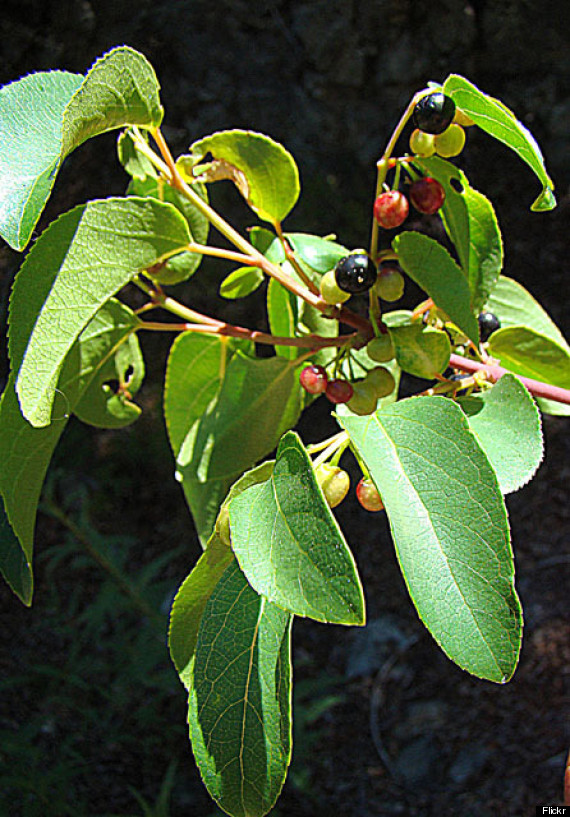
Photo: Flickr:Dick Culbert
These small, purple berries, which grow in southern Chile, have been used to treat conditions from ulcers to fever. Maqui berries are high in heart-healthy flavonoids, and research suggests they might help prevent hardening of the arteries, while reducing inflammation in the blood vessels. There's also evidence they help regulate blood sugar levels. Sprinkle a teaspoon of maqui berry powder into oatmeal or quinoa, or add it to juice, smoothies, or sparkling water.
Mulberries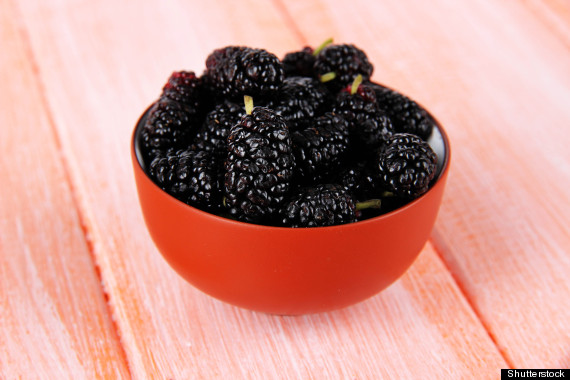
Maybe you've chowed down on handfuls of these after pulling them from trees in your backyard. Mulberries are touted as a rich source of heart-healthy polyphenols, and research suggests they help keep your blood vessels healthy. They're also packed with vitamin C, calcium, magnesium, and iron. Plus, one cup of fresh mulberries provides about 270 milligrams of potassium, which is more than the amount in half a banana. Potassium helps counter salt's ability to raise blood pressure, and it also decreases bone loss and reduces the risk of developing kidney stones.
Sea Buckthorn Berries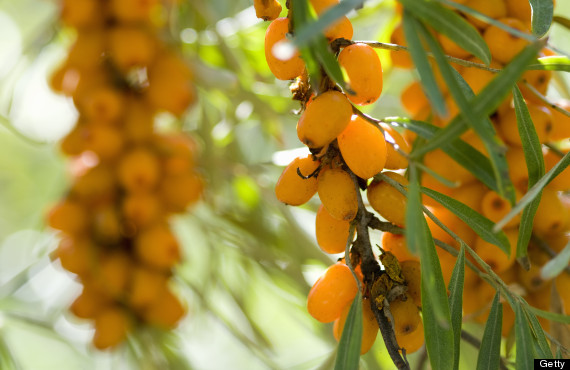
Consider them "nature's multivitamin," Boone says. These tart, yellow-orange berries are high in B-complex vitamins, as well as vitamins A, C, E and K. They're one of the most concentrated sources of vitamin C, which helps boost the immune system, accelerate wound healing and promote the growth and repair of body tissues, according to Boone. They're also full of heart-healthy, cancer-fighting flavonoids, and carotenoids. Try about 2 ounces of sea buckthorn berry juice, and you'll get 40 milligrams of vitamin C, which is about 45 to 55 percent of your daily needs.
